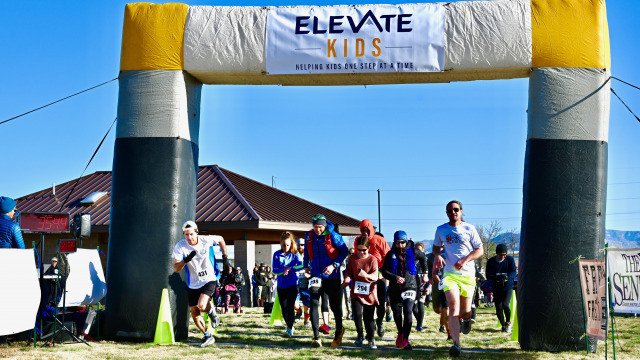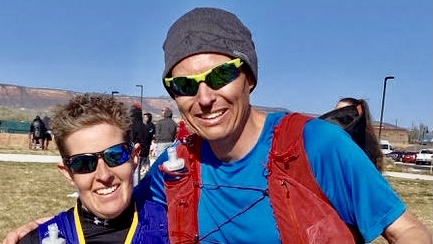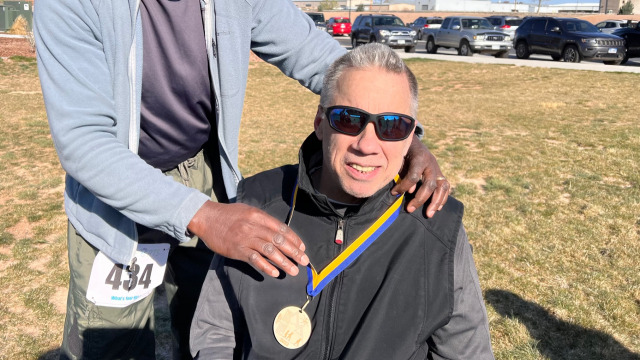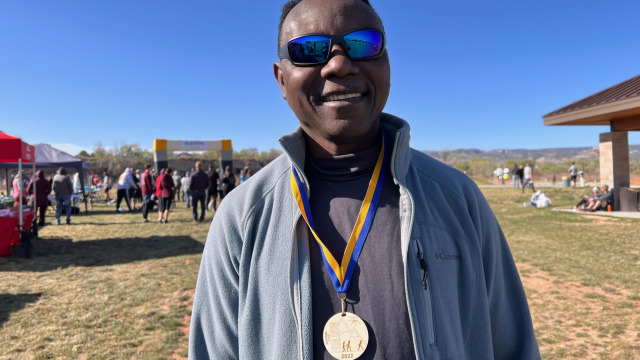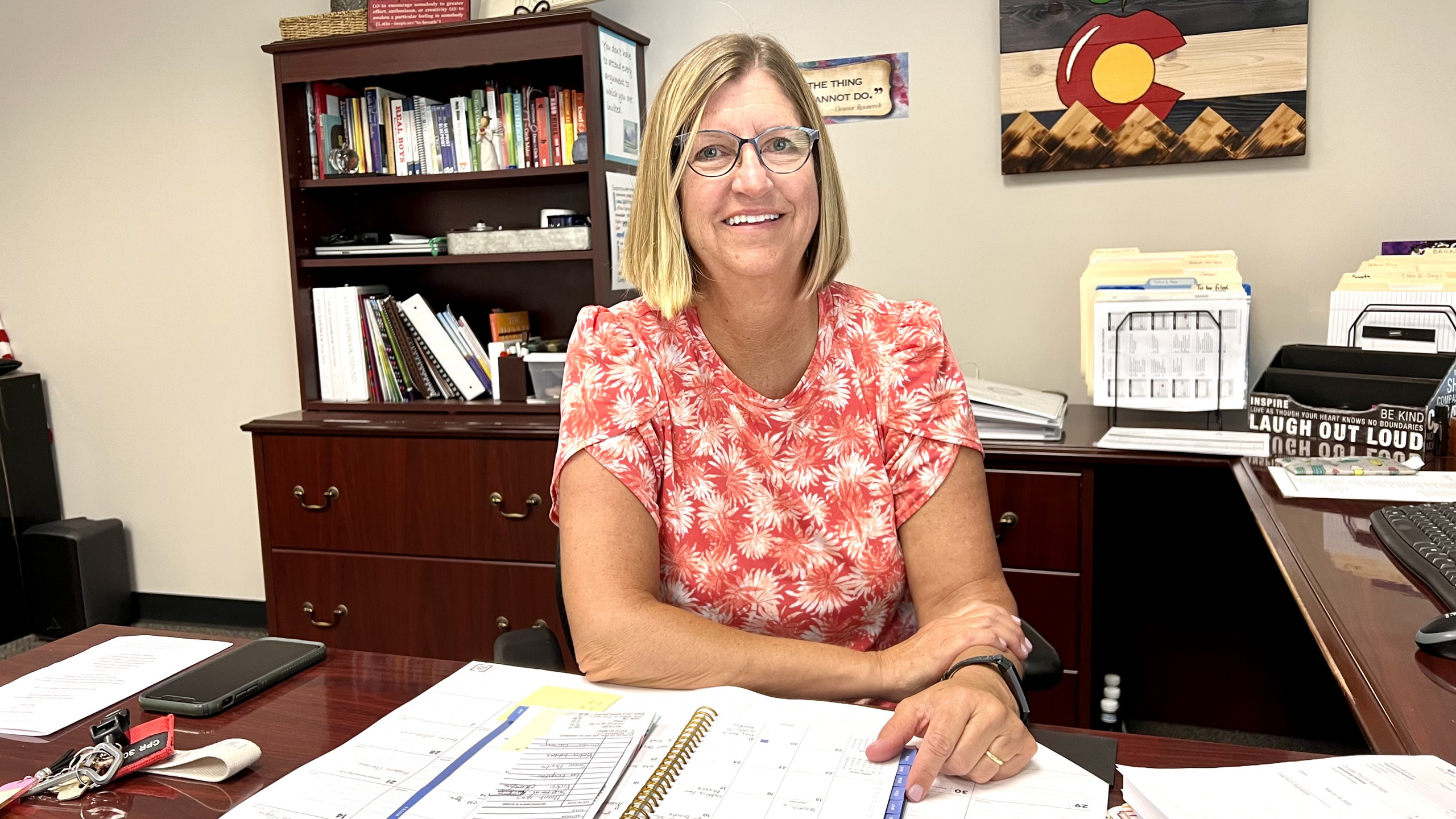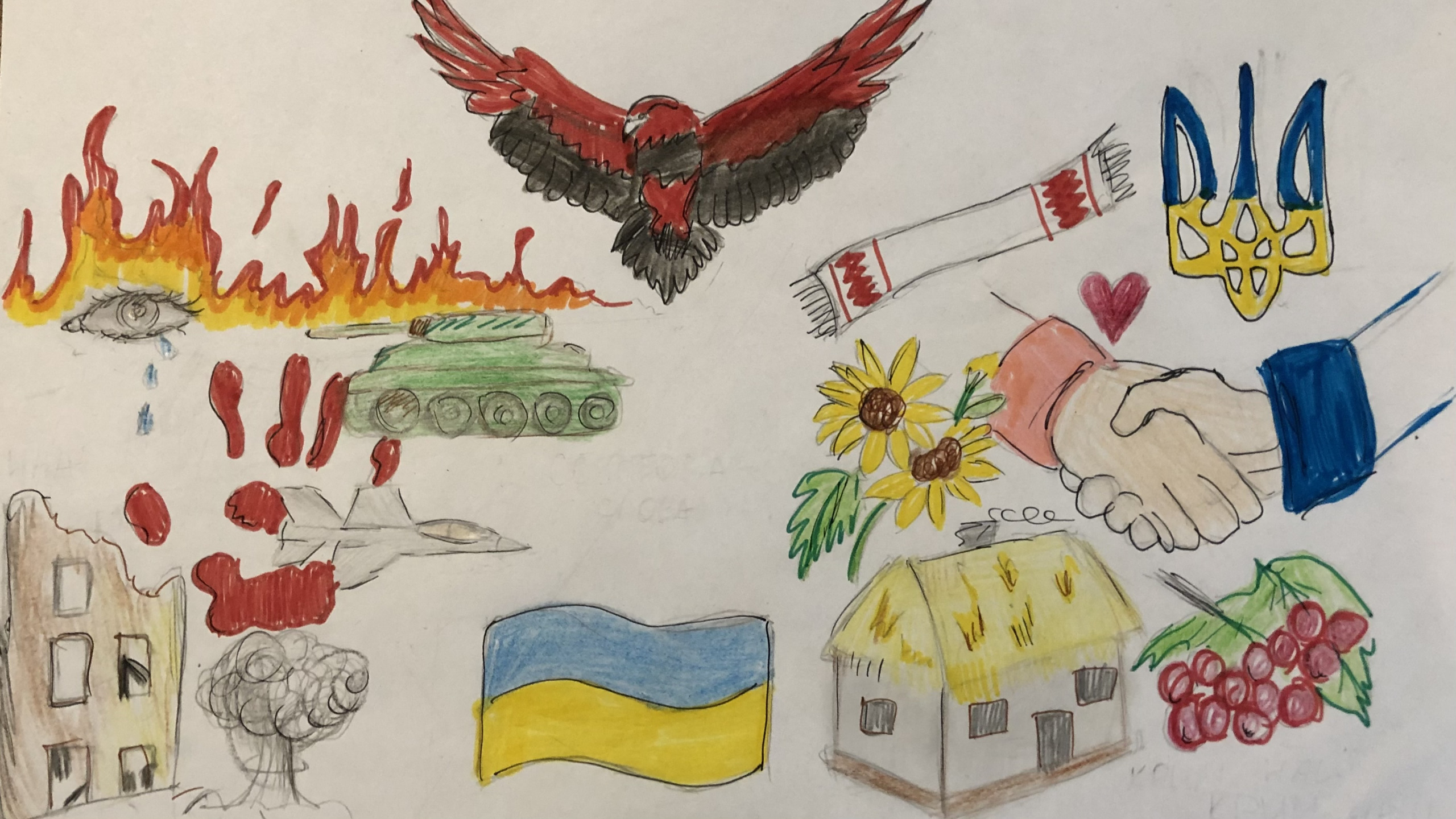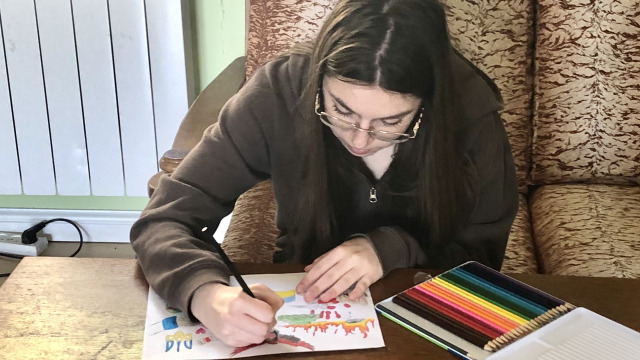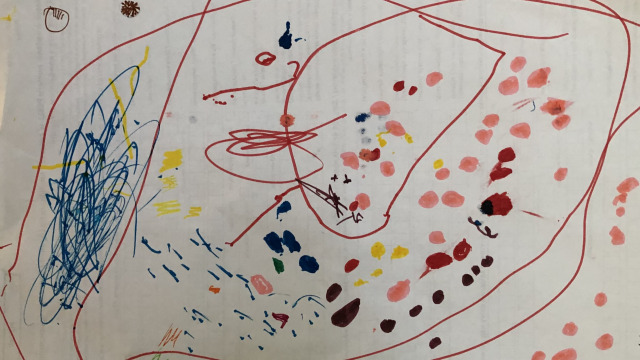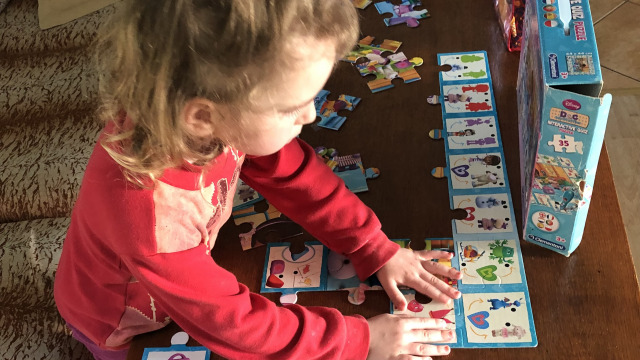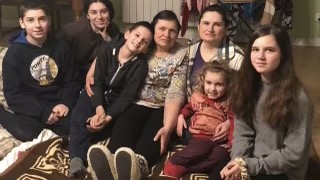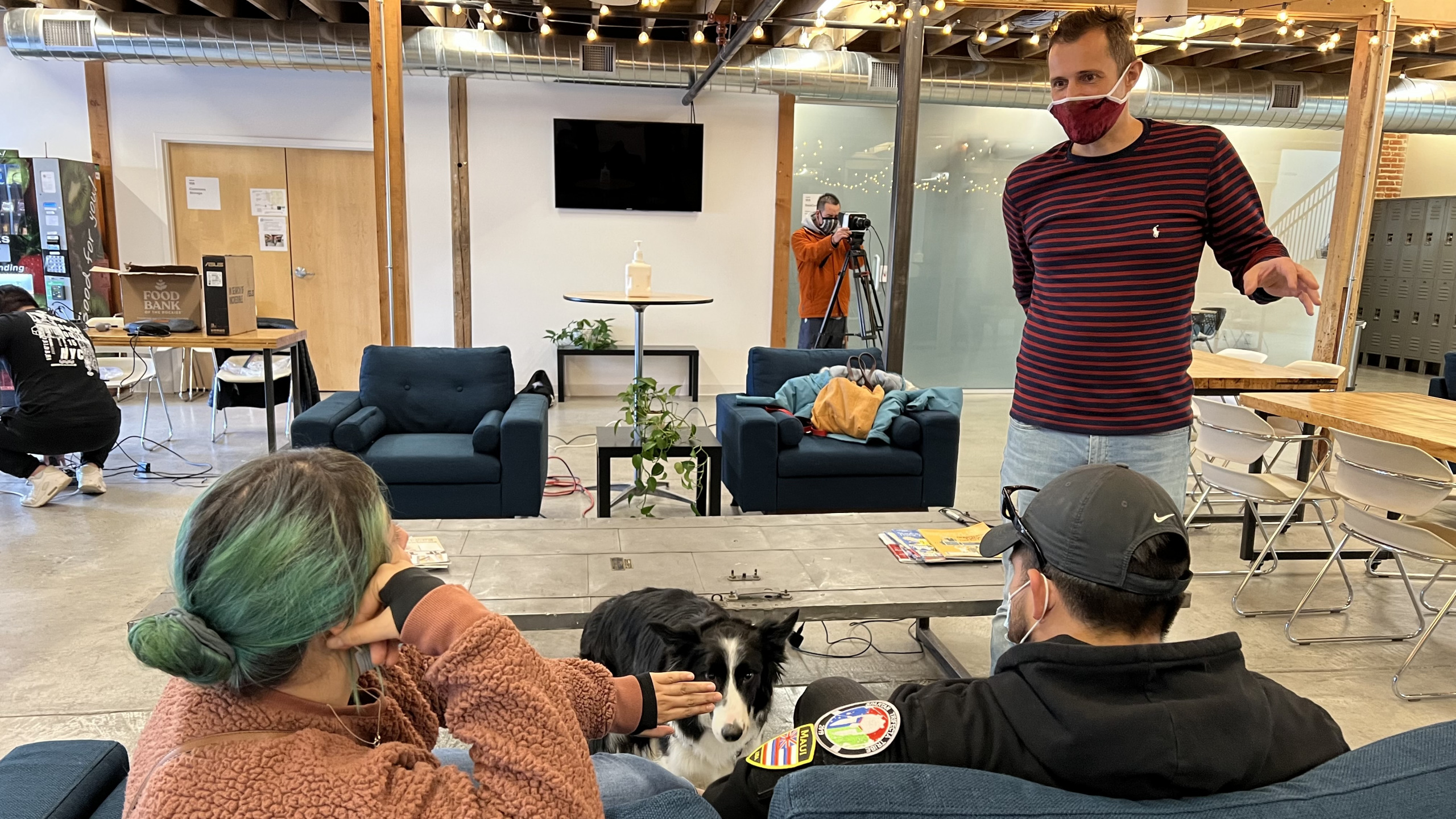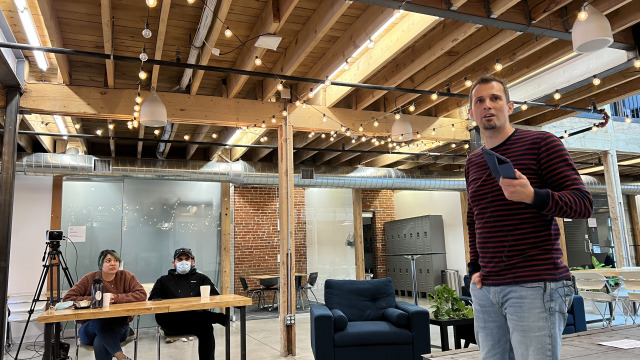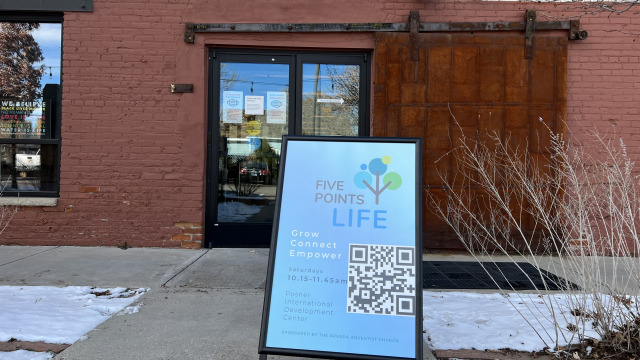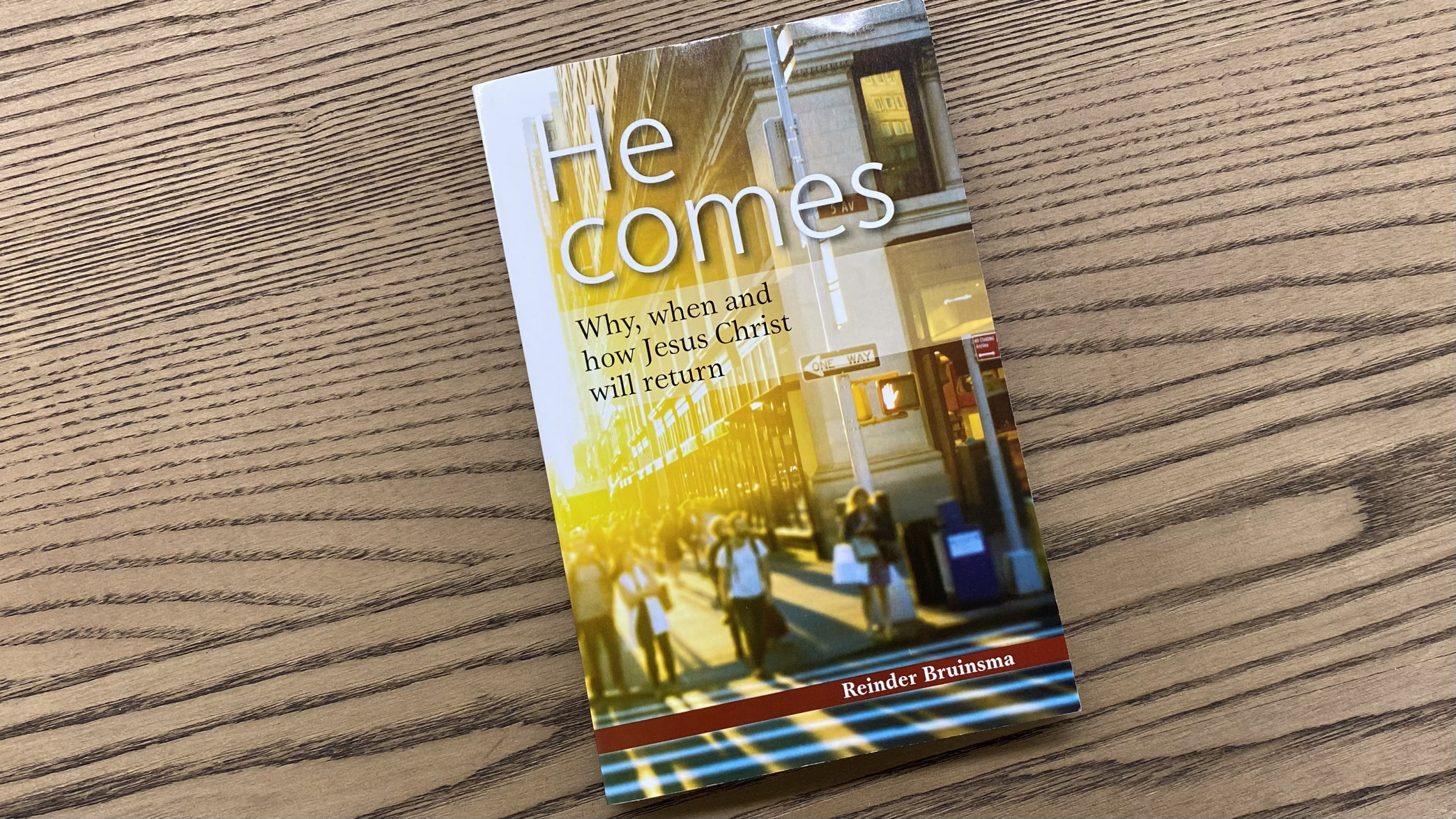By Sandi Adcox with Rajmund Dabrowski – Grand Junction, Colorado … Elevate Kids (EK), a non-profit organization whose motto is “Helping Kids One Step at a Time,” was created by a couple of members of the Grand Junction Seventh-day Adventist Church. Doug McCaw II, board chairman of Intermountain Adventist Academy (IAA), and his wife, Melinda, are dedicated to raising money to benefit children, specifically, IAA (which is expanding to grades 9 and 10 next school year) and Kids Aid. This backpack-for-kids program feeds hungry children.
On Sunday, April 10, the McCaws hosted the first annual Elevate Kids Fun Run for the community, with proceeds going to IAA and Kids Aid. The event, which included 2.5K, 5K, and 10K routes, was a huge success, with 255 registrants, dozens of volunteers from the church and community, and many sponsors. Registrants received Elevate Kids T-shirts, swag bags, professional timing, online photographs, awards for all finishers, and special awards for each category and overall winners. The EK team is already planning a Second Fun Run for April 2023.
Naturally, the event had a special significance for Joel Reyes, principal of IAA, who volunteered at the run. For him, Elevate Kids Fun Run meant that “the community [was brought] together for an event like this, and the name of the school was associated with this.”
“It also meant support. I have a very supportive board chair this time, and this was very much his idea. The purpose of this is to start a junior academy in the Western Slope. That’s what we are fundraising and running and working for,” Joel added.
Representing Kids Aid was Tessa Kaiser, executive director. “The run shows the community support for Kids Aid. Doug and Melinda wanted to do something to challenge themselves and make it about more than just themselves. They put this together to support Kids Aid and their child’s school,” she commented.
“We are really grateful for that. And it really shows how much the community understands the need [to address] childhood hunger,” she added.
The Fun Run was not the first fundraiser the McCaws have organized. In July 2020, the McCaws ran the entire Colorado Trail (490 miles from Durango to Denver) in 18 days. A documentary movie, “Chasing the Sky,” was created and seen by hundreds of people in local theaters. Proceeds from the film were split between IAA and Kids Aid.
In July 2022, the couple plans to rerun the Colorado Trail, attempting to break the fastest known time. Another documentary of the run will be created, which will be shown in theaters, with proceeds going to IAA and Kids Aid.
“Helping the kids in our community is why we work so hard to raise funds and awareness for the kids in the Grand Valley. We want to give everyone in the community an opportunity to support the kids through our events,” Doug and Melinda said.
Dana Ñkaña is a member of the Grand Junction Adventist Church. For him, joining the run is supporting children’s education. “You know, we have two children, and I’m always looking for ways to where our children can be better than us,” he explained.
“I grew up in Africa [and] there was nothing like this to help us when I was a kid. And so, with the opportunities that I have being here in this country, I feel that I am basically able to help other people to get to where they want to be,” he shared.
After completing his 10K run, Dana put his award around the neck of David Klemm. A medical condition put David into a wheelchair. “I did this because David is a very good friend and I know his heart and his heart is with children. I know he currently volunteers to help children read. If he were able to be on two feet like I am, he would have been running,” Dana explained.
“And so, I run, and I gave him my award.”
If you are interested in supporting Elevate Kids and learning more about the organization or receiving updates on future events, sign up at elevatekids.org.
–Sandi Adcox is Grand Junction Adventist Church team member with Elevate Kids Run; Rajmund Dabrowski is editor of NewsNuggets. Photos by Rajmund Dabrowski and supplied
INTERVIEW WITH MELINDA AND DOUG McCAW,
ORGANIZERS OF ELEVATE KIDS FUN RUN
NewsNuggets: What does this event mean to you?
Doug McCaw: It means many different things and it is fun also. First, [it gives us the opportunity] to help the school [Intermountain Adventist Academy] and Kids Aid. But also, it’s a wonderful thing to be able to help the community, and also help grow Adventist education.
NN: What motivated you to do this event?
DMC: My wife and I have done the Colorado trail several different times. Um, actually three times, four times now. She was in a networking meeting and the guy was talking about not letting your butt get in the way of achieving your goals. After he said it several times, she made a decision. She came and told me, “Hey, I’d like to try to run the entire trail. Do you want to run this? And I said, “Sure, let’s do it.” We went out and started training and getting ready. And one of the things in our hearts was helping Intermountain Adventist Academy expand and grow. We’d like to see it have a 9th and 10th-grade program. And so, we said, “Hey, let’s, raise some money around that.”
NN: Did you expect this event to have such an impact and participation?
Melinda McCaw: I expected that for this event. Doug and I thought we wanted to go big and so we set the goal of 200 to 300 people [to participate]. It was hard, at the beginning, to trust God that that was going to happen, but He definitely came through. At first, when we started, it was just the goal that we set.
We wanted to run the Colorado Trail because we biked it and ran it. Then I had the idea that I’d like to support the school and help them. We’re already running it. Why not make it about something bigger than us?
NN: What does the success of this event give you?
MCC: It makes me excited for the future. This project has grown way bigger than I ever expected it to. When we started out doing the run, we’re like, “We’ll just send out a letter campaign to friends and family and we’ll raise some money, and then we’ll be done.”
It turned out way bigger than that. If you could raise $20,000 or $25,000 in donations, just from that run. And then we made the movie and made money off of the showings. Our accountant said this is getting big enough. You need to make it a non-profit. We filed for that and we just got non-profit status two weeks ago. That was amazing and it was a God thing, too, because it [was granted] in three months.
NN: And you linked it with Kid’s Aid?
MMC: Originally, we were going to just support the school and then, when we hired our videographer, he asked if we could find something bigger, and [perhaps] national that would draw more attention to the cause. We started looking around and we didn’t find anything that really touched our hearts nationally. And then we asked our coach that we were trying to find something else to support. He used to be a teacher in public schools, so he told us about the backpack program.
He told us a story about one child. It was a Wednesday or Thursday and the kids would get the bags on Friday. If you’re not at school, you don’t get a bag. And this kid got sick and was super distraught and upset because he knew if he wasn’t back at school on Friday, he wasn’t eating that weekend. That’s how we found Kids Aid program and the story really touched our hearts. That’s how we decided we wanted to raise money for them.
NN: How do you find the church supporting these causes?
Doug McCaw: The church does a wonderful job with the community service center. And there are a lot of different [service] organizations by churches. But I don’t know of a church organization that does exactly what Kids Aid does.
